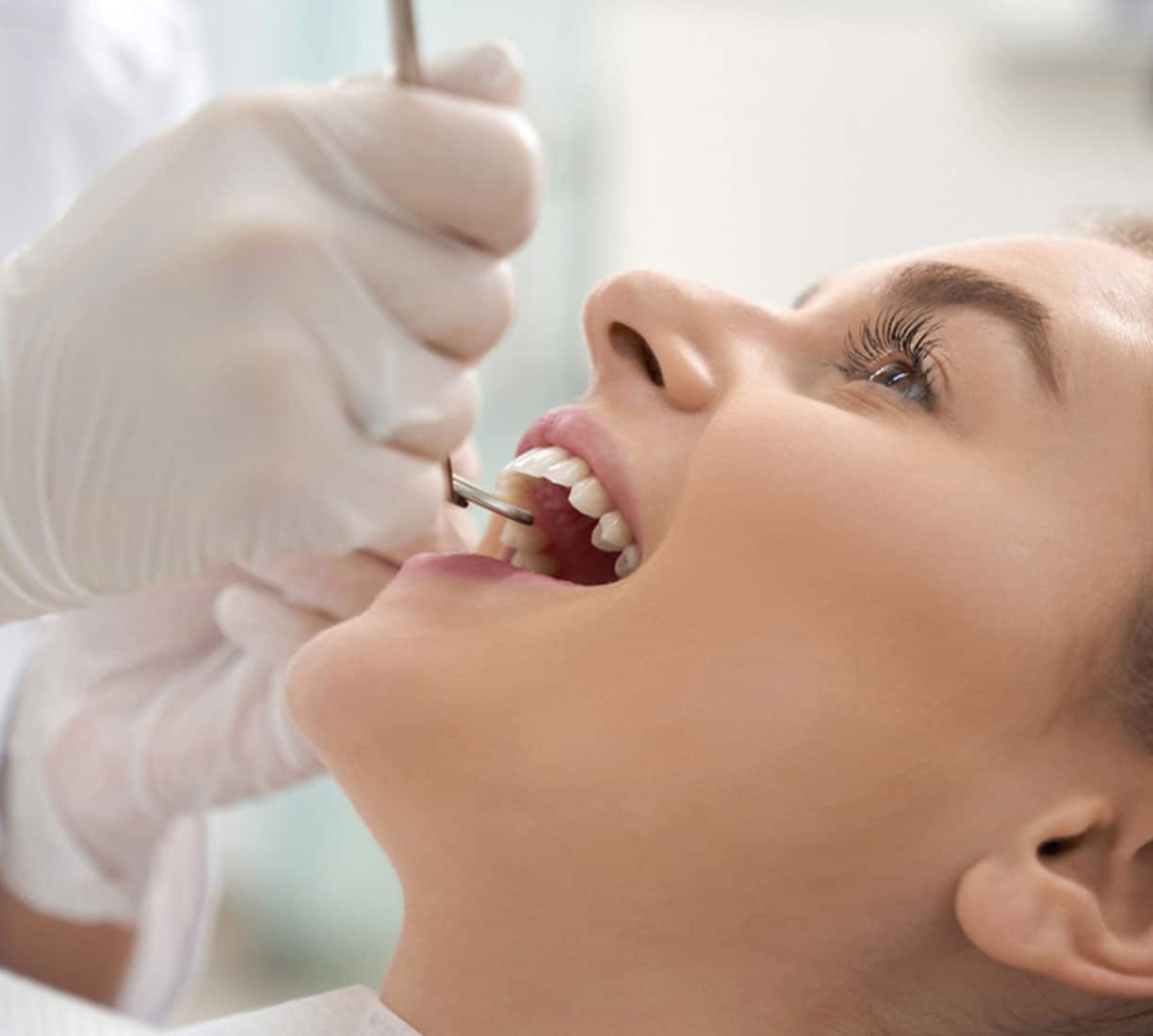Southfield’s Trusted Dental Extraction Experts
Preserving teeth is essential for maintaining overall oral health and well-being. Healthy teeth allow us to chew food properly, which is crucial for digestion and nutrient absorption. Teeth also play a key role in speech and facial structure, contributing to our overall appearance and self-confidence. But when a tooth is doing more harm than good, it can be necessary to remove it from your mouth.
Tooth extraction is a common dental procedure that involves the removal of a tooth from its socket in the jawbone. This procedure is usually done when a tooth is damaged beyond repair or when there is overcrowding in the mouth—a common issue with wisdom teeth. Tooth extraction may also be necessary if a tooth is impacted, meaning it is unable to fully emerge from the gum line. While tooth extraction may sound intimidating, advancements in dental technology and techniques have made the process relatively painless and efficient.

What Happens During a Tooth Extraction?
During a tooth extraction procedure, the dentist will first numb the area around the tooth with a local anesthetic to ensure that the patient does not feel any pain during the procedure. Once the area is numb, the dentist will use special tools to gently loosen the tooth from its socket and then extract it.
In some cases, such as removing un-emerged wisdom teeth, the dentist may need to make an incision in the gum line to access the tooth, but this is typically a quick and straightforward process. After the tooth has been extracted, your dentist will provide instructions for post-operative care to ensure proper healing.
How Do I Avoid the Need for Tooth Extraction?
Keeping your teeth healthy is the number one way to prevent tooth loss, tooth decay, and the need for extractions. Consult with your dentist for personalized recommendations, but some of the best ways to prevent the need for teeth to be extracted is by doing the following:
- Keep your regular dental appointments
- Brush and floss your teeth daily
- Get root canals, as prescribed by a dentist
- Use specialized fluoride treatments once a week

What is the Recovery Like After Tooth Extraction?
After a tooth extraction, patients may experience some discomfort and swelling in the area for a few days. It is important to follow the dentist’s instructions for taking pain medication and caring for the extraction site to promote healing and reduce the risk of infection.
In some cases, the dentist may recommend replacing the extracted tooth with a dental implant or bridge to restore the function and appearance of the missing tooth. Overall, tooth extraction dental services are essential for maintaining oral health and preventing further complications from damaged or overcrowded teeth.
Tooth Extraction FAQs
Your teeth are a vital part of your facial structure and contribute to your overall health, particularly when it comes to nutrient absorption. Preserving natural teeth also reduces the need for more invasive and costly dental procedures in the future, ultimately promoting a healthier and happier smile.
Additionally, in cases of overcrowding, especially when wisdom teeth are growing in, tooth removal may be the most prudent way to protect the rest of your teeth.
Some reasons to have a tooth extracted include:
- Tooth decay or infection
- Breakage or structural damage
- The tooth is impacted
- Crowding of the teeth
If you feel that you may need to have a tooth extracted, contact our periodontal team to book your consultation.
Usually it is best to only have one or two teeth removed at a time in order to allow for chewing on the uninjured side of the mouth. An exception to this may be wisdom tooth removal, as it is often most convenient to have all emerging wisdom teeth extracted at once. Your dentist will discuss the best plan of action for your condition to preserve your teeth and overall health.
Protect Your Full Set of Teeth
Extractions are a technique used to prevent further tooth decay and tooth loss. Speak with our dental team today for a full assessment of your oral health.
